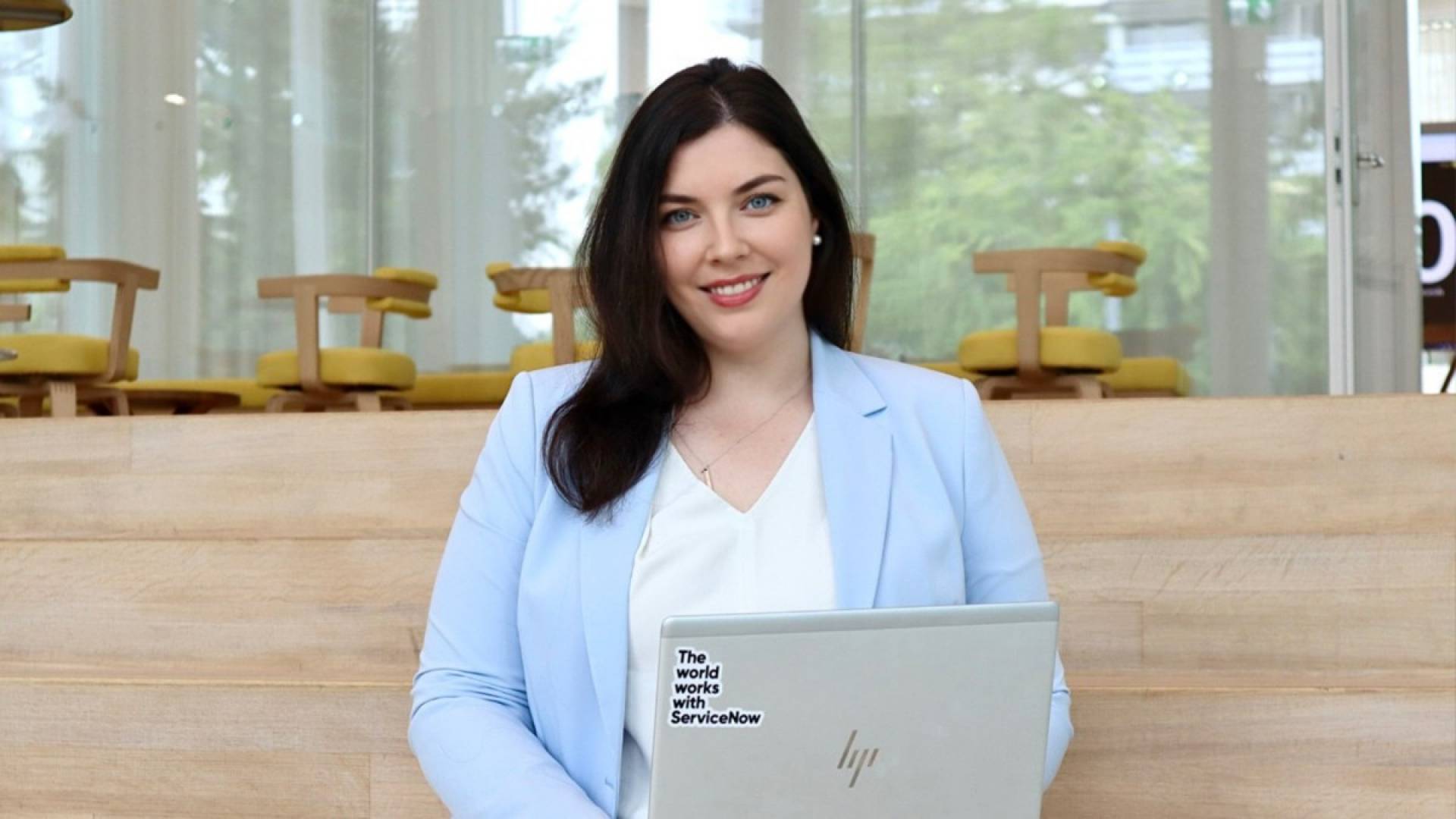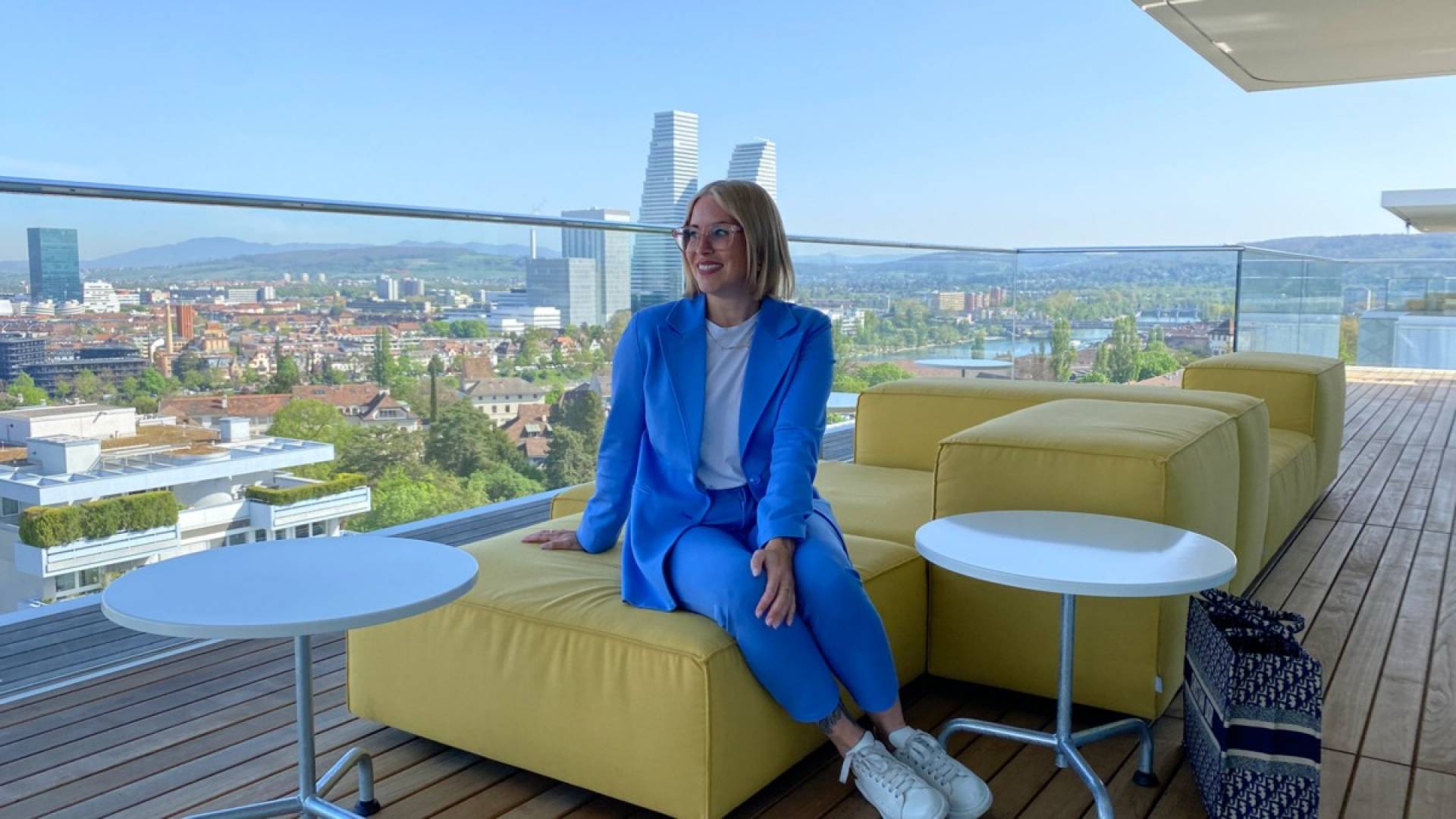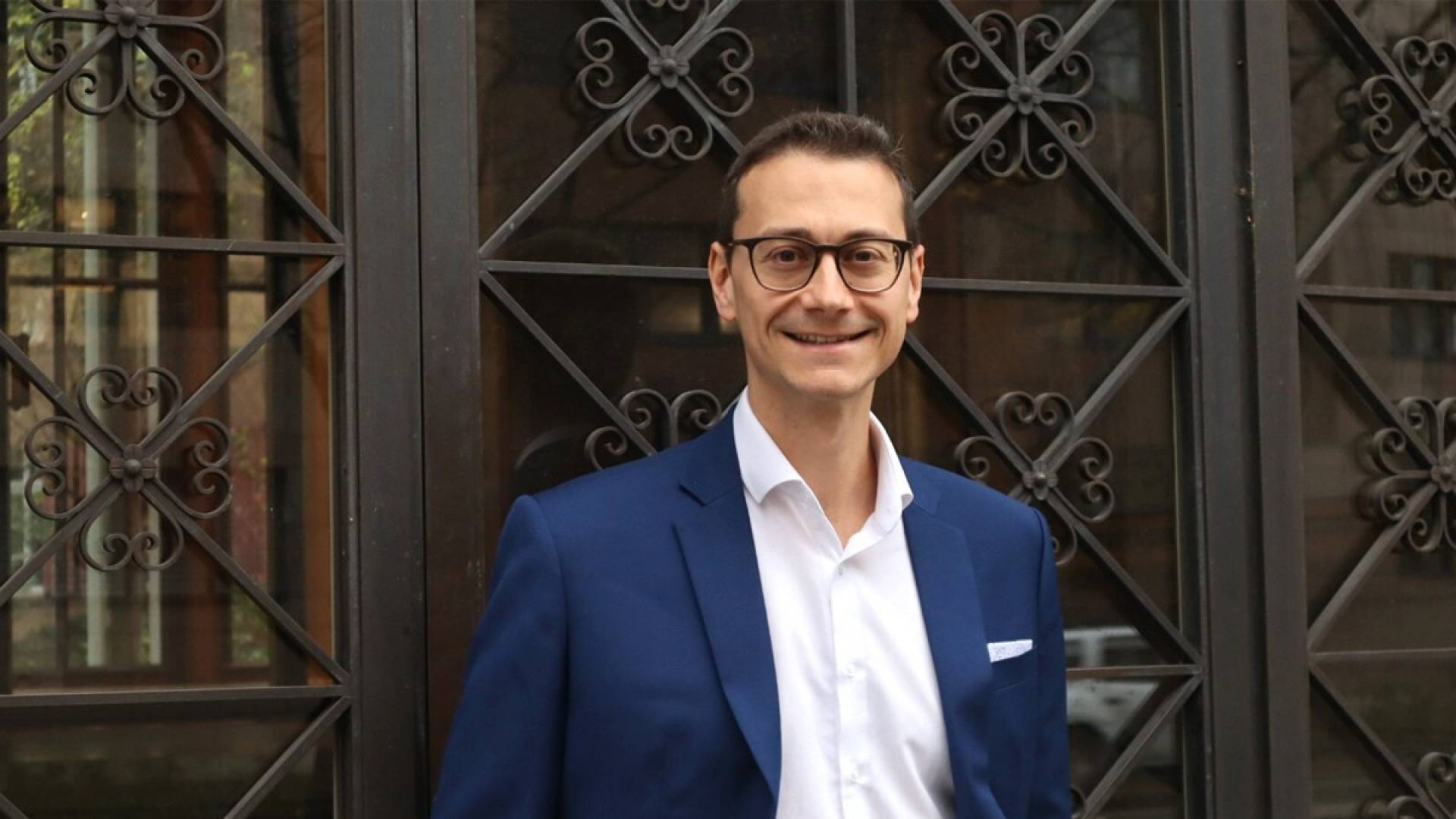Upholding our culture during the crisis
25 June 2020, text: Senada Kadic, photo: Deposit

There are more people in the streets and cafés beckon with al fresco dining. As the COVID-19 lockdown measures are eased, we are now quite consciously experiencing many things we previously took for granted. Even going to work in the office feels different from what it did just a few months ago. «Nice to be back» is what many will be thinking at the moment – but tinged with latent feelings of caution and uncertainty as to whether we can simply get used to our old practices again.
The coronavirus has made us more agile, innovative and customer-focused
So what, specifically, will the «new normal» mean for our everyday working life? That’s exactly what Helvetia is currently trying to get a handle on – and from a range of perspectives. One such perspective is offered by Anne Forster-Berger, head of the Leadership & Corporate Culture project. A focus group survey granted her interesting insights into what employees are thinking: «The aim was to feel the pulse of our colleagues. How closely have they identified with our values and our strategic ambition – innovation, agility and customer focus – during the coronavirus pandemic», explains Forster. A number of wide-scale surveys conducted last year had shown that Helvetia was making continual progress as regards these three cultural values. And, says Forster, the recent interviews have confirmed this. The only difference is that we now know a bit more about the background and also about the role played by the coronavirus. Forster summarizes the results of the survey thus:
We are more innovative thanks to our use of new tools and working methods during the crisis.
We are more agile because the crisis has helped us discover greater scope for action and make use of it.
We are more customer-focused because we remained accessible for our clients across all channels during the crisis.
Those are the impressions of survey respondents from different parts of the company. «This crisis has clearly – and lastingly – changed the way we think and act. But we miss our old world, too. After all, none of us really wants to work from home forever», says Forster with a smile. The big challenge for us now, she says, is to strike a balance between what we have learnt in the last few months and what we knew before that. For Helvetia, too, the crisis has been important in overcoming scepticism toward a variety of issues: «It showed us that customer focus is still possible in times of social distancing, that we can rely more on our employees’ agility and that we can innovate faster than we had perhaps thought. The crisis lent a lot of impetus to all this.»
FlexOffice
So what, in particular, have we learnt for the future? «The goal now is to make the most of this drive», explains Forster, because the survey also revealed that we still have a way to go. «When it comes to the digital transformation, for example, we have some catching up to do. We have to rethink some of our processes and structures. In turn, that will hopefully have a positive impact on – and enhance – the way we work with each other. We have to ask ourselves whether we really need all those business trips and in-person meetings», says Forster. Those surveyed said, for instance, how much easier it was to conduct difficult talks with people via video conference. Forster’s conclusion: «The survey showed us that, going forward, we have to think more carefully about why we are meeting up with others and when it makes more sense to work outside the office.» And what exactly does that mean for Helvetia? We’ll let you know soon in an upcoming article on «FlexOffice».

Anne Forster-Berger
Anne Forster-Berger is in charge of the Team Leadership & Corporate Culture project at head office in St. Gallen.










